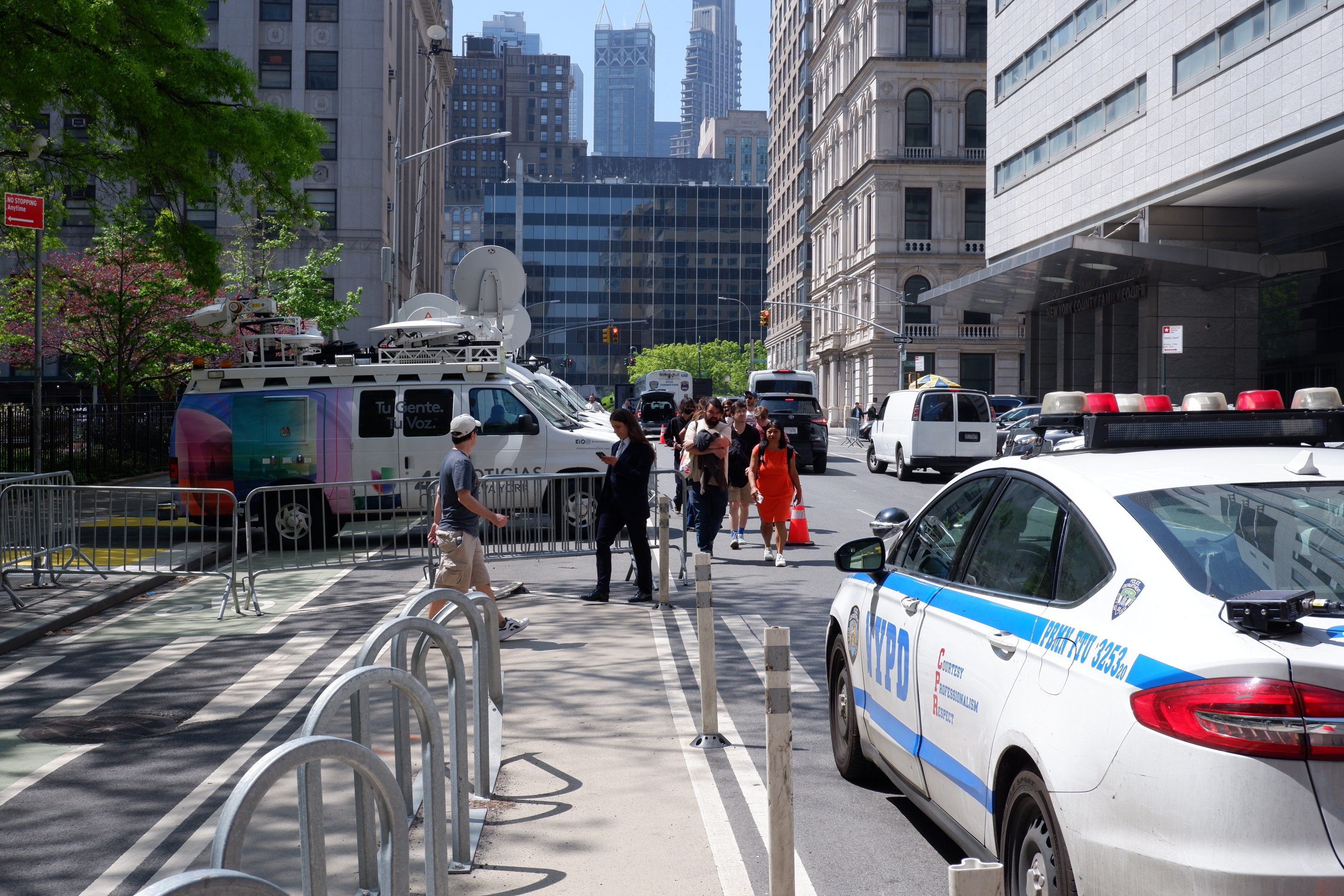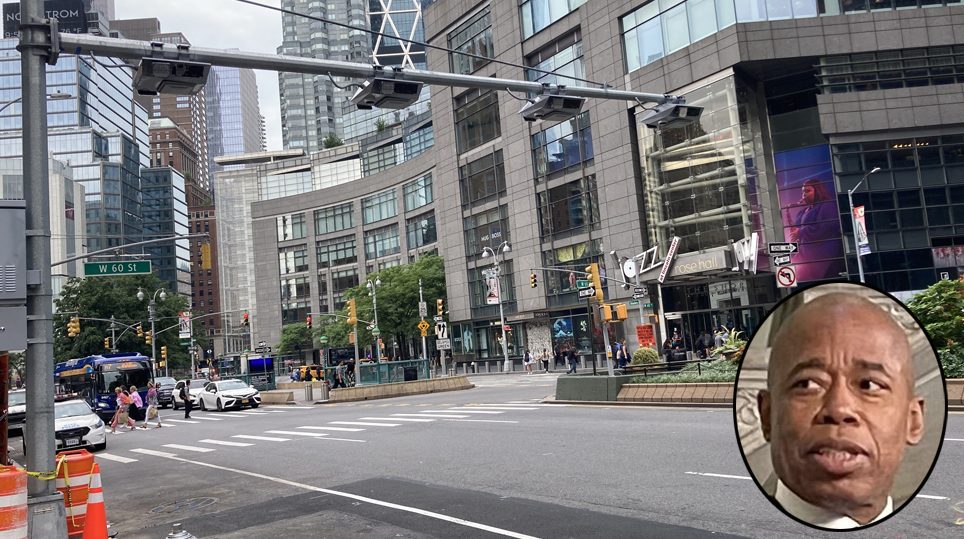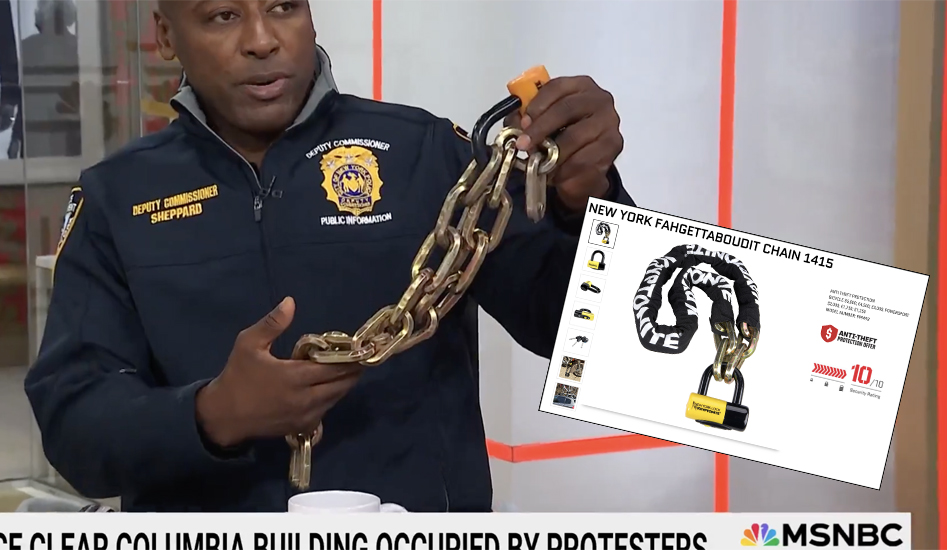Just how bad are the service cuts and layoffs that transit agencies across the country will soon be forced to enact? Severe enough to weaken the national economy, the New York Times reports -- all while Congress pieces together a stimulus plan that does nothing to address the problem:
The new federal money --$12 billion was included in the version passed last week by the House,while the Senate originally proposed less -- is devoted to big capitalprojects, like buying train cars and buses and building or repairingtracks and stations. Money that some lawmakers had proposed to helptransit systems pay operating costs, and avoid layoffs and servicecuts, was not included in the latest version.
It's not too late for the President, who set a mid-February deadline to pass the legislation, to step in, writes Times columnist David Leonhardt:
The odds that, a year from now, Mr. Obama and Congress will regret not havingbeen more aggressive seem bigger than the odds that they’ll think theyoverdid it. Why not redouble efforts to find a few other ways to spendmoney quickly? More than 50 mass transit agencies across the country are cutting services or raising fares, and the stimulus bill does nothing for them.
On the same day that the Times ran these stories, representative Carolyn Maloney held a press conference to tout the stimulative effects of mega-projects like the Second Avenue Subway and East Side Access. Not a word about keeping the buses and subways running.
The pols at Maloney's presser might as well be taking a lead from the MTA itself. Last week, we wondered why the nation's largest transit agency, with its lobbying chops and $1.2 billion deficit, hasn't been more vocal about the desperate need for operating assistance from the feds. A spokesperson wrote back, saying the agency is now focused primarily on Albany after making its case to Washington:
Lee Sander has been to Washington at least a half dozen times over the past 3 to 6 months to make a case for Federal investment in transit. Over the last 15 to 20 years, the amount of capital funding that we receive each year from Washington has gone up from about $200 million to about $1.5 billion today. This money has taken the pressure off of our roughly $11 billion annual operating budget because it reduces the need to borrow against fares and tolls to fund capital expenses like maintaining stations and tracks, buying buses and rail cars, and expanding the transit system.
We estimate that the "shovel-ready" stimulus package now being considered would result in about $1.5 billion for the MTA. While this is a most welcome investment, it would represent about 5% of our five-year capital program. That's why our most critical concern is encouraging the State Legislature to enact the Ravitch Commission's recommendations, which would hold down the need for fare and toll increases, eliminate the service reductions, and create a stable revenue stream to fund our capital program. This year, we expect to put forward a 2010-2014 Capital Plan that will call for investment in mass transit of roughly $30 billion over five years. At present that plan has no identified state resources.
While Washington is important, Albany is critical.
The MTA is getting it from all sides now, and it's hard to blame them for choosing to fight this battle on the most important front. The Ravitch plan, after all, would provide long-term funding streams to maintain service and expand the system, not a one-time shot in the arm. But now -- in part because Albany has starved the MTA for so long -- one of the few transit agencies with influence in Washington is on the sidelines for a critical fight, and straphangers across the country stand to lose out.





